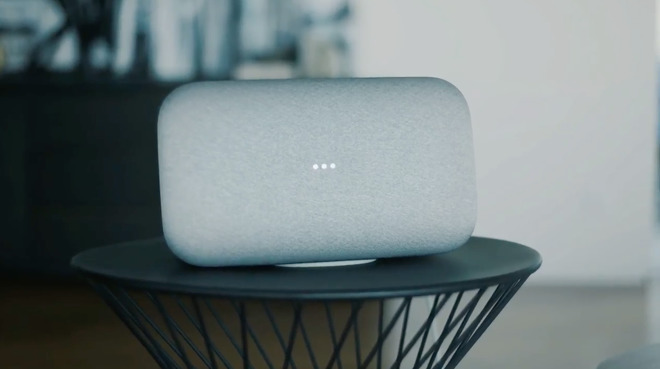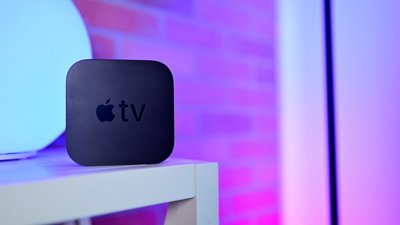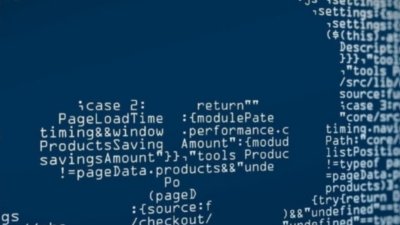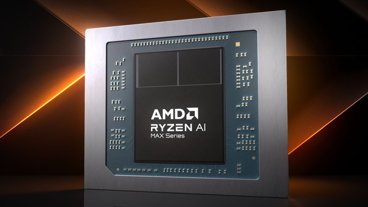Google's Chromecast and Home devices are reportedly causing issues with some Wi-Fi networks, with the Cast-enabled hardware like the Google Home Max flooding the network with packets of data after waking from 'sleep mode,' a problem Google is working to rectify.
Users affected by Wi-Fi dropouts have complained to router providers about the problem, which effectively causes Wi-Fi connections to drop for devices on the network. Myce reports the problem occurs with a variety of different router brands, including Asus, Linksys, Netgear, Synology, and TP-Link — with some of the afflicted routers crashing entirely, and necessitating a power-cycle to fix the problem.
AppleInsider's testing confirms Apple's AirPort Extreme base station can be affected by the issue, though it only slows down the network rather than causing crashes or full outages. A Chromecast awoken from sleep after 12 hours caused about two minutes of slow-down, with one sleeping for an hour only impacting the network for a few seconds.
An engineer from TP-Link explained the issue as one where the Cast feature misuses MDNS multicast discovery packets, which are typically used to discover and keep a live connection between Google products and Cast-enabled apps. Typically, these are sent out at an interval of 20 seconds, but TP-Link found that there are times when the devices broadcast large numbers of the packets in quick succession.
It has been found that these packet bursts occur when a Cast-enabled device wakes from a sleep state, with the burst potentially exceeding more than 100,000 packets before dying down. It is also noted that the packet burst grows over time, with more packets sent out in one go the longer the device remains in sleep mode.
Router manufacturers have started to issue firmware to prevent the packet bursts from overwhelming the network and causing disruption. TP-Link also note that the issue can be temporarily solved by rebooting the affected device to release its memory, and by also disabling Cast on Android devices until a permanent fix is provided.
Initial reports over the issue indicated the Google Home Max was the main device causing Wi-Fi problems, but it has since been revealed a wider array of devices are affected, including varieties of the Chromecast.
A Google spokesperson told Engadget that "we're aware that a small number of users are having issues and our team is working quickly to share a solution."
 Malcolm Owen
Malcolm Owen







-m.jpg)







 William Gallagher
William Gallagher

 Andrew Orr
Andrew Orr
 Christine McKee
Christine McKee












15 Comments
Probably caused by Google and the Modem firmware, fighting over who gets to spy on you.
GDoS = Google's Denial of Service
Another fine, quality product from Google /s
Serves someone right for actually purchasing and/or using Google crap. Stay away folks! Stay very far away!
So what. Google gets a pass. Only Apple takes heat for stuff like this. Literally a non-issue for Google.